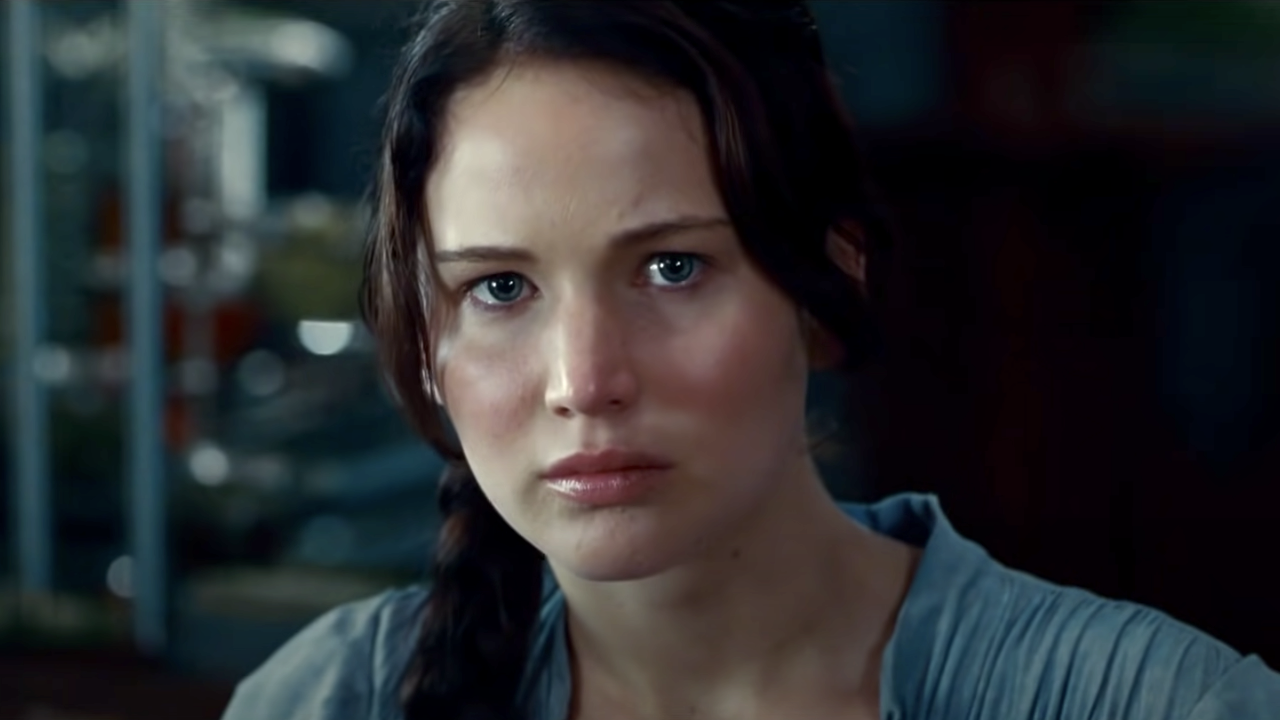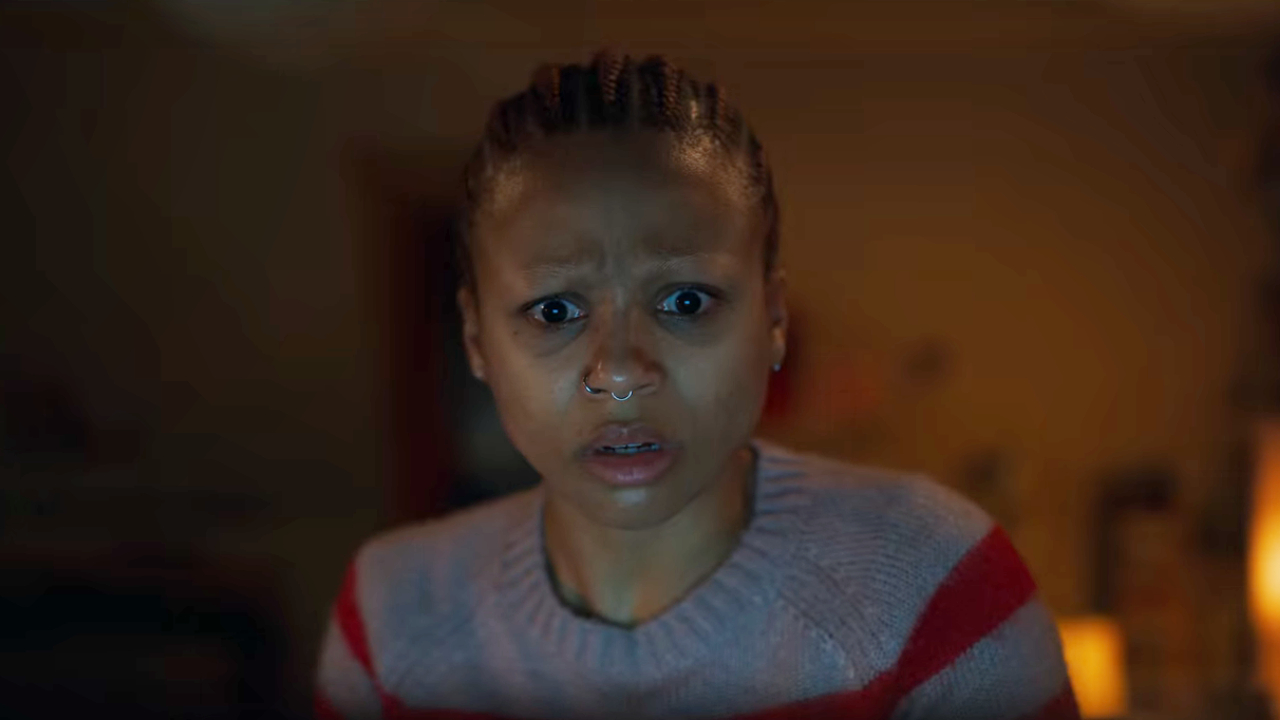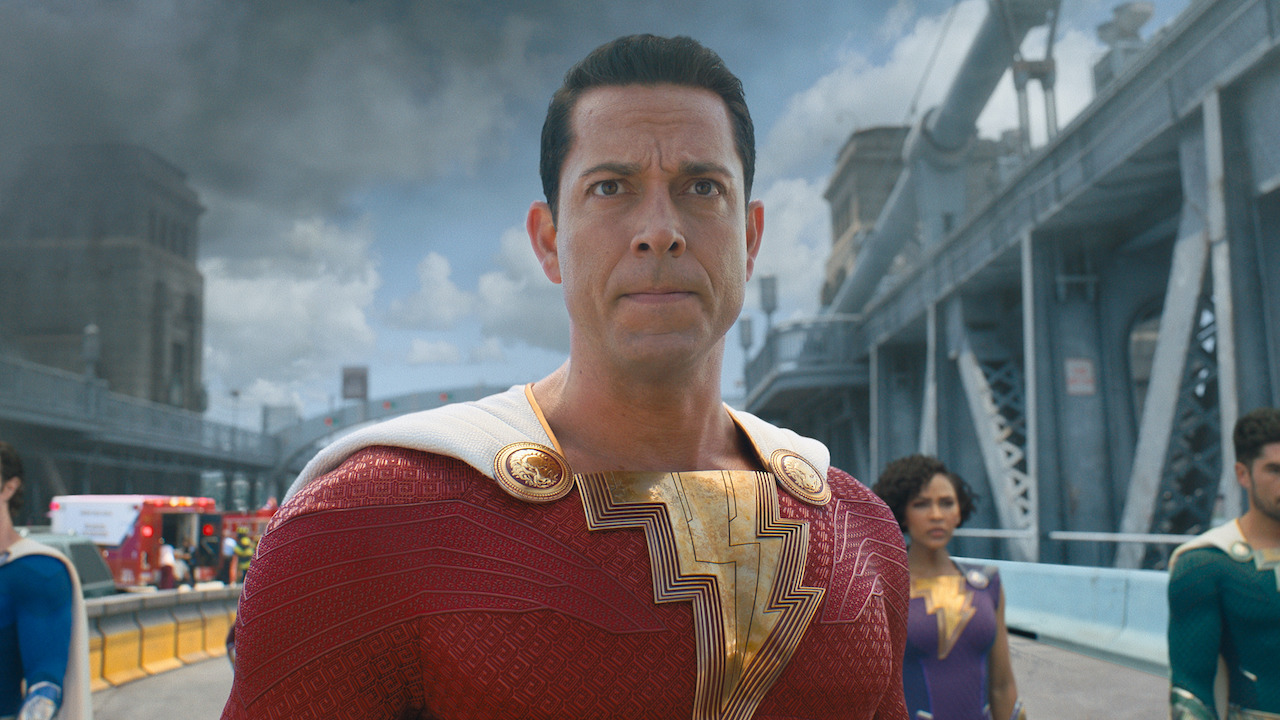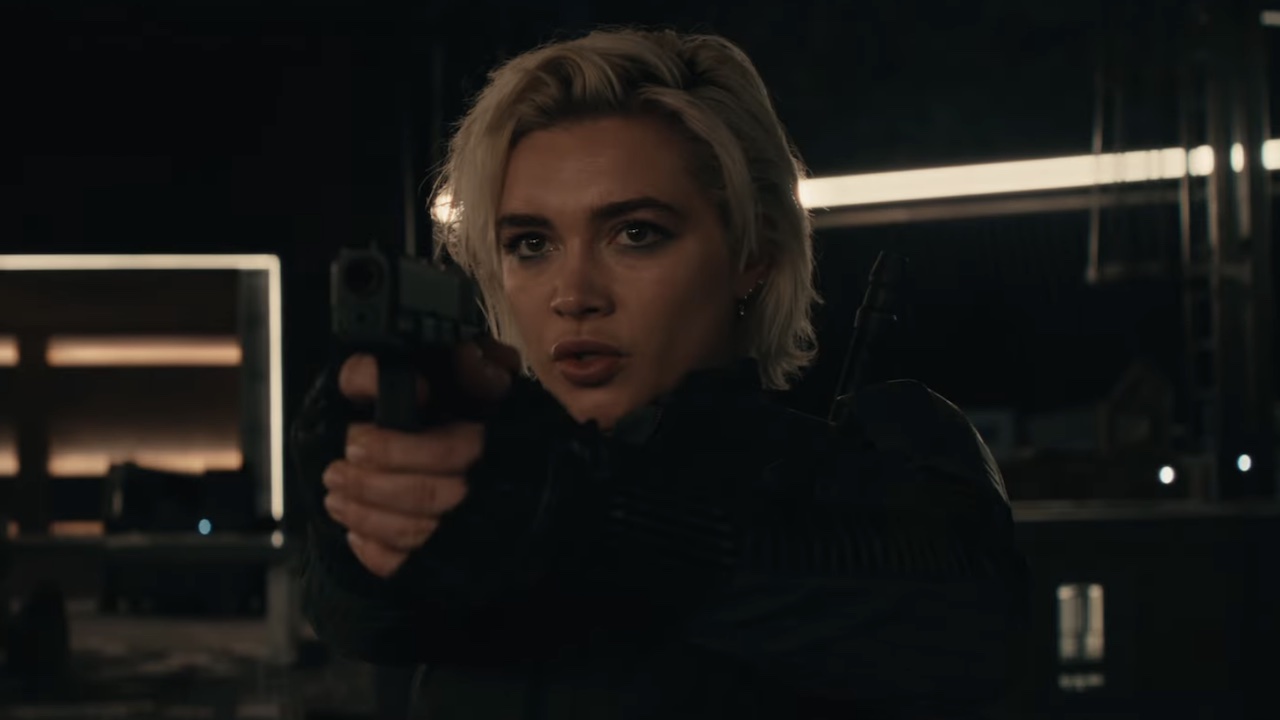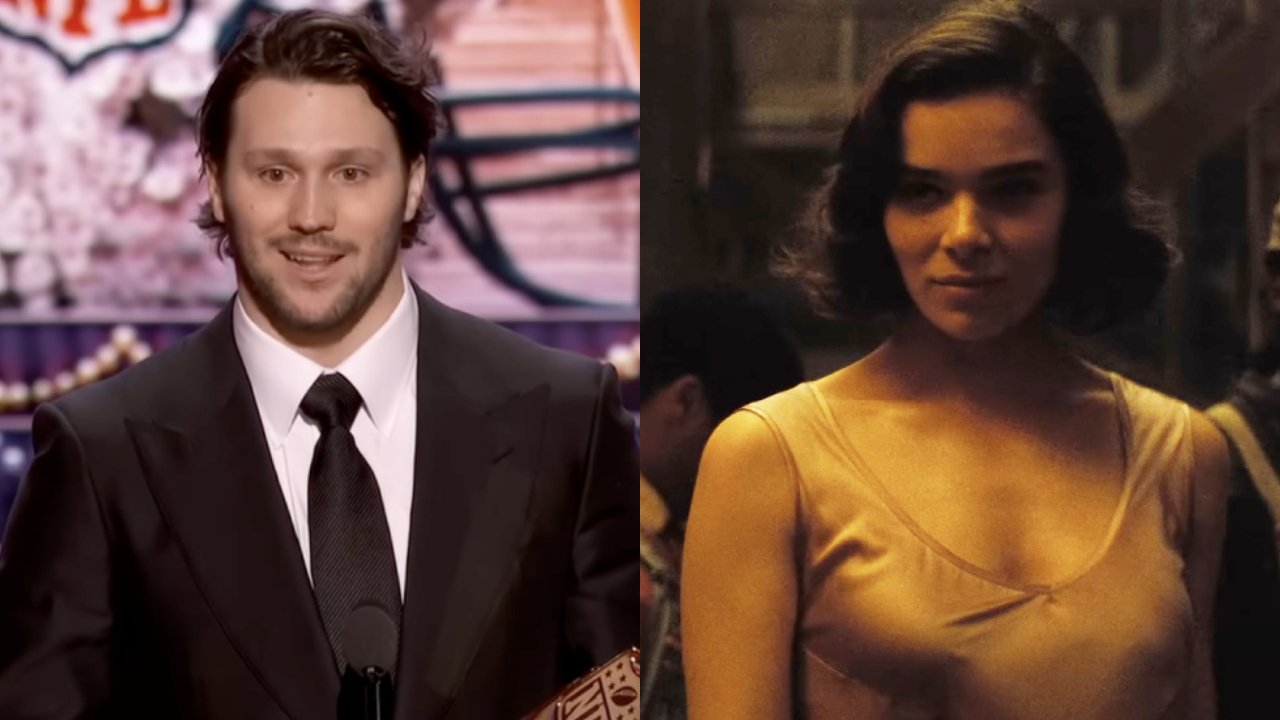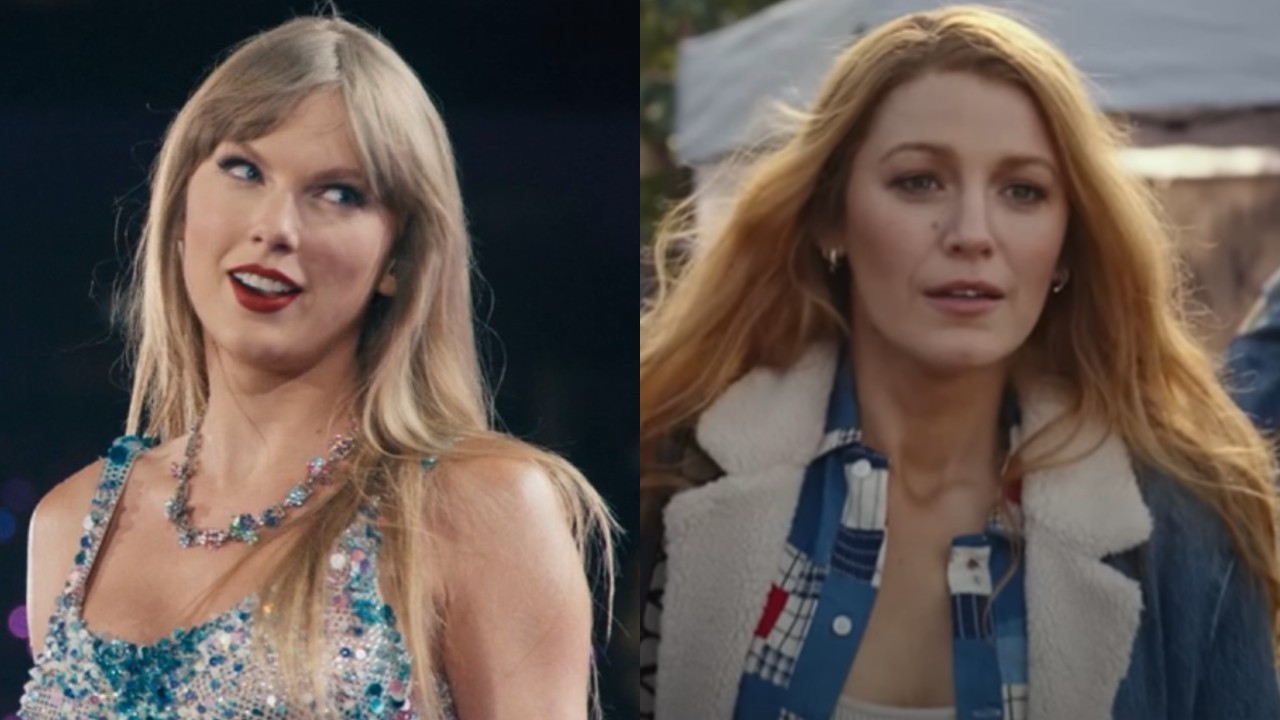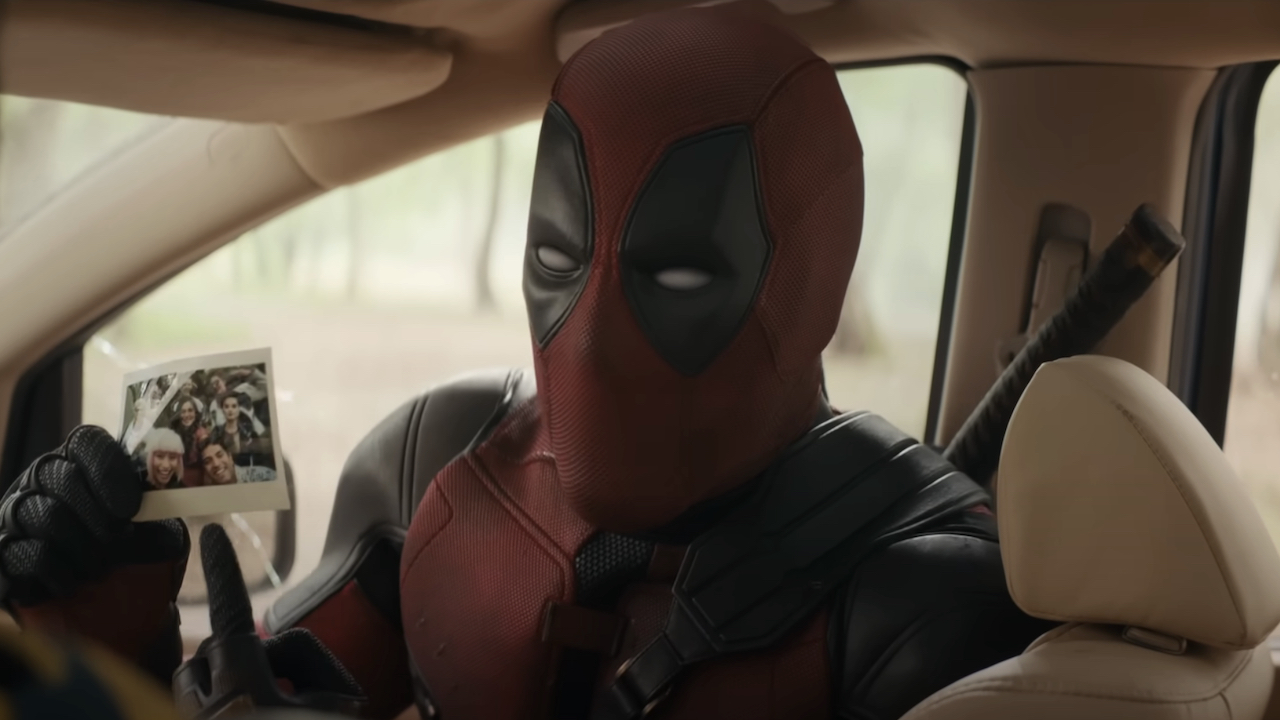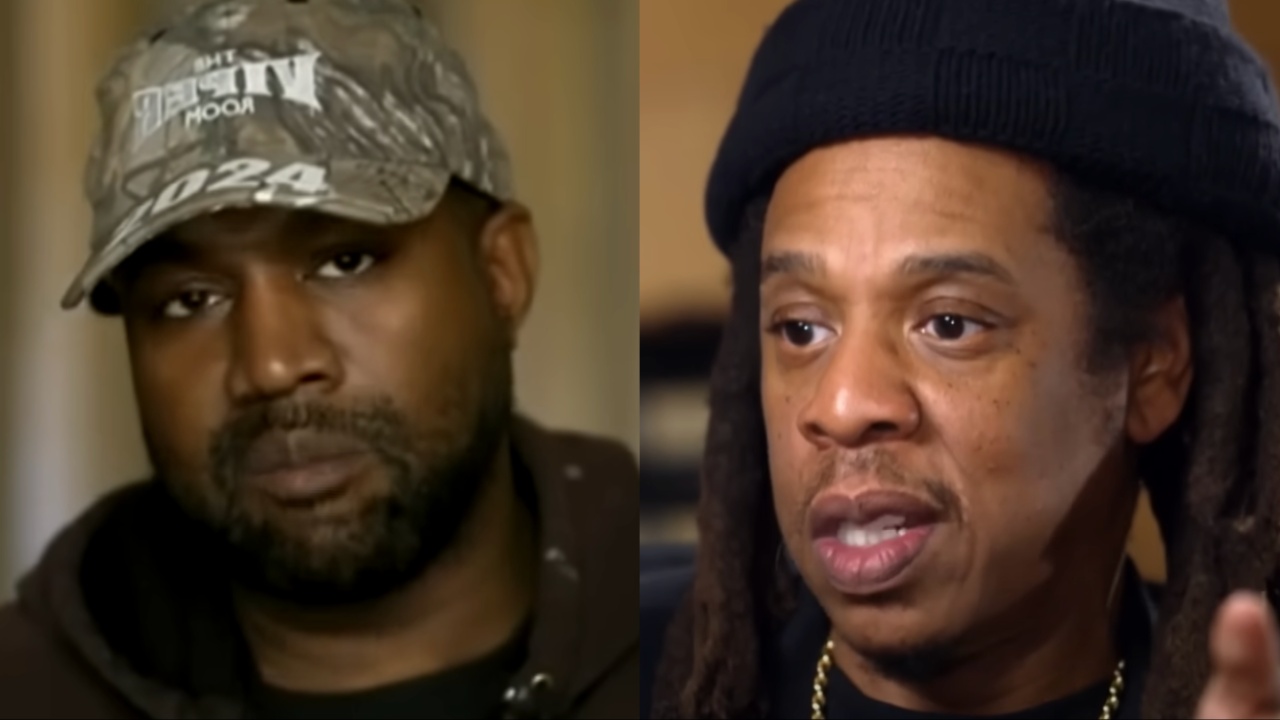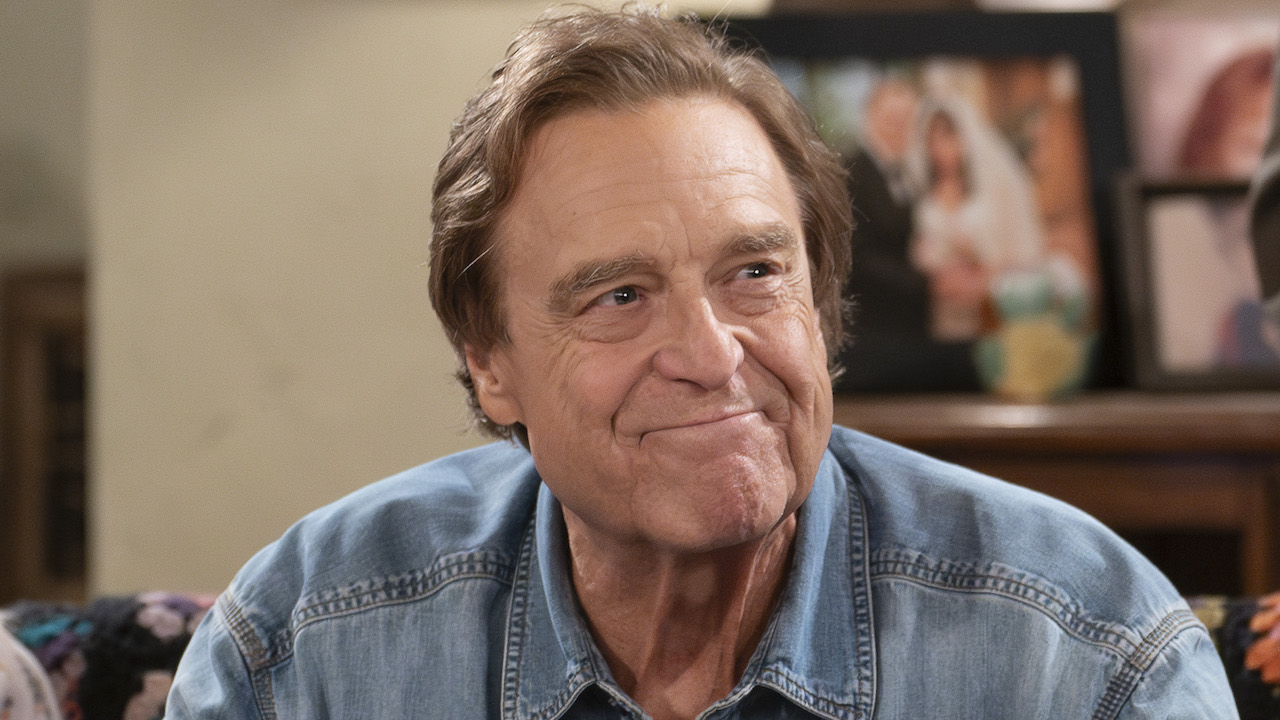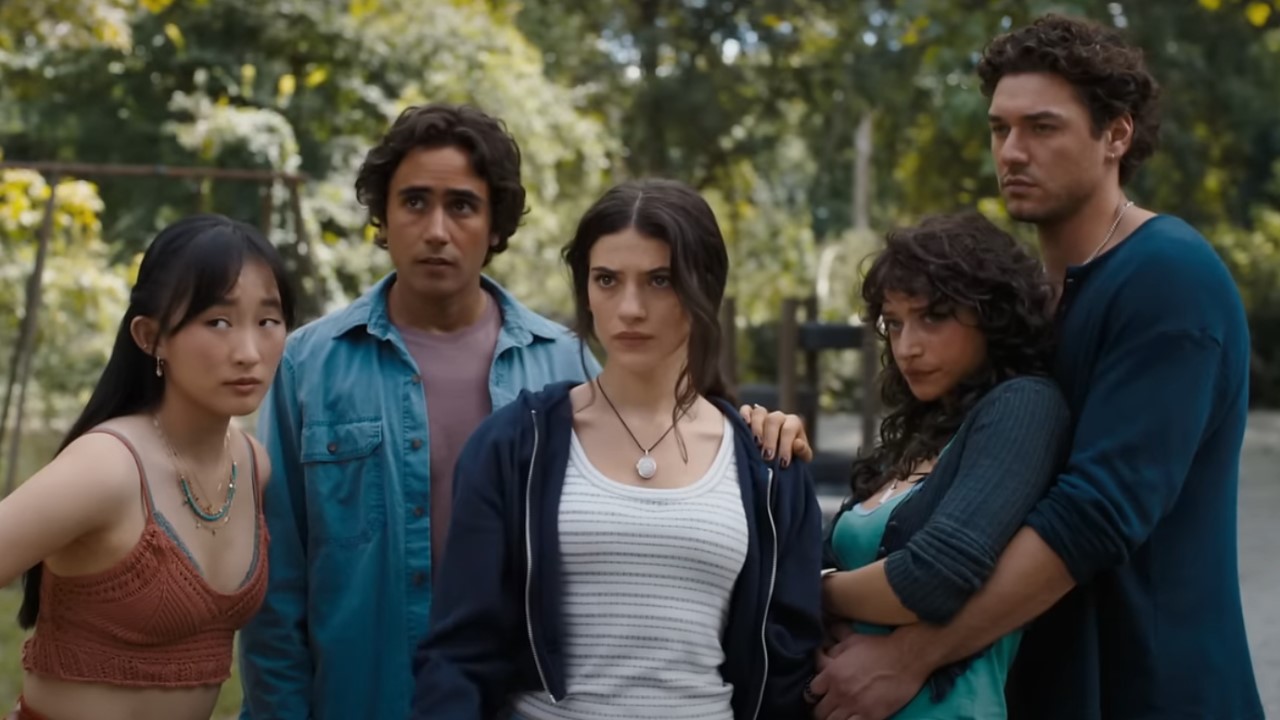Rhys Ifans Says Roland Emmerich Was Brave To Cast Him As The Real Shakespeare
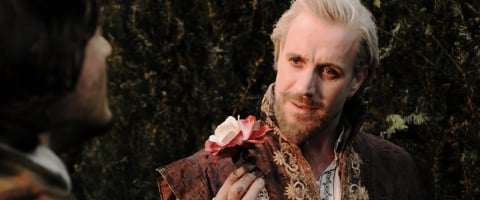
Rhys Ifans admits up front that he didn't expect to get the role of Edward de Vere in Anonymous. He's the gangly, goofy guy who played Spike in Notting Hill and Xenophilius Lovegood in Harry Potter; why would anyone bring him in as the noblemen who, at least in the theoretical world Anonymous presents, secretly wrote all of Shakespeare's plays? He went in to talk to the film's director Roland Emmerich about the part and told him that the easy choice was to cast him in the goofball role of Shakespeare himself, the dim and fame-hungry actor played in the movie by Rafe Spall. But the brave choices was to make Ifans de Vere.
Emmerich made the brave choice, and the result is one of the best performances of Ifans's career, in one of Emmerich's most unusual movies. As de Vere, also called the Earl of Oxford, Ifans is a haunted nobleman who dreams of being a poet but is stuck as a lawyer and a political power broker instead. Under the guise of the callow Shakespeare, de Vere wrote plays skewering the political situation of Elizabethan England, not to mention sonnets and plays that spoke of his furtive love for the Queen herself (played at different ages by Joely Richardson and Vanessa Redgrave). Ifans owns the role with his massive height and sad eyes; even if you don't believe that Oxford was the secret author of Shakespeare, you believe in this charter.
As it turns out, Ifans doesn't even necessarily believe Oxford was the real author, but as he told me in our conversation at the Toronto Film Festival, it doesn't really matter. You can read our interview below, in which he talks about the Oxfordian theory, the leap it was for him to play a heroic figure, and how with The Amazing Spider-Man coming up next summer, he still feels kind of amazed that anyone ever actually sees his movies. Anonymous opens this Friday.
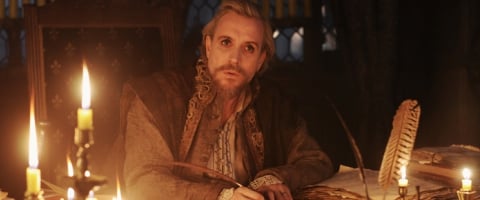
Do you have to believe in the Oxfordian theory to play this character?
No. I don't necessarily believe it was the Earl of Oxford who was the author of those works, but I am convinced it wasn't William Shakespeare. And I think that's important about the film is that it presents a very valid debate. Any great body of work, and this is without question the greatest body of work in the last 500-600 years that we're presented with in the Western world, has to be placed and set in a historical context. And that's what the film does. And if that creates a debate among academics and students, then I think that's healthy.
Are there outraged literary scholars angry at you guys?
Not yet, but I'm waiting for them, and I think it's very exciting. And I do genuinely think it's important. My feeling is that these works are an amalgamation of many writers, in the same case as you look at any screenplay and it is never just one person. It's a collaboration. All that's important to me-- nothing can disguise the fact that this is absolutely great writing. Life-changing stories and poetry and language, and that's there. The body of work is there. It will never go away.
CINEMABLEND NEWSLETTER
Your Daily Blend of Entertainment News
You were saying that you told Roland Emmerich it was brave of him to cast you in the lead. Why was it a risk?
I think the natural, lazy choice for a director would be to cast me as William Shakespeare, as Rafe Spall.
Because he's a goofball in this?
Yeah. That would be a walk in the park for me. And Roland was brave enough, or foolish enough- and he said to me, which part would you like? I said, "The part I'd probably be offered is that of WIlliam Shakespeare, but the part if you were brave and courageous would be the Earl of Oxford." And that's what happened.
Is taking a lead role like this a career direction hanger , or just a new challenge?
I never think career. You guys think career. I'm just a dancing girl. But I'm very proud of this film and my performance in it. It's what I've wanted to do for years. Spike [his character in Notting Hill] was a landmark for me, but it's been a set of wings and a ball and chain as well. I think this goes some way to present me as something other than the scantily clad buffoon.
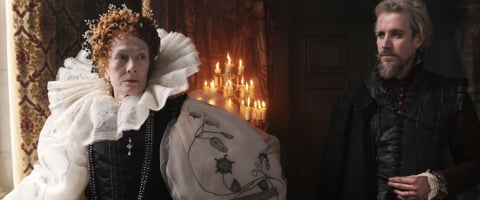
You've got this, and you're on the poster and it's a big fall release, but Spider-Man is also looming. Those feel like two hugely different career directions. Does it feel like a good overall change?
I never think like that.
But you do recognize that a change is happening?
Absolutely. I'm always flabbergasted and overwhelmed by the audience a film reaches. I always look at a film like the cast and crew, and a good time was had. And then it comes out, and it's like "Fuck, man, all these people are going to watch this."
You were in Elizabeth: The Golden Age as well, and the Shakespearean period looms so large in movies. Why do you we keep returning to it?
It's a period in history where Western thought came into fruition. It was in a place of great flux. The world was changing in the same way as now. If you had to find a period in history that would equate to what the Internet has presented us with now, it would be Elizabethan England. It was a world in flux. That's why it's powerful.
Do we have the power now to recreate something like that?
We're in it, we're participants in it. We're in an age of enlightenment, and we have a choice as a society which path to take. That was exactly what was happening in Elizabethan England. That's why it's attractive to us.
Staff Writer at CinemaBlend

